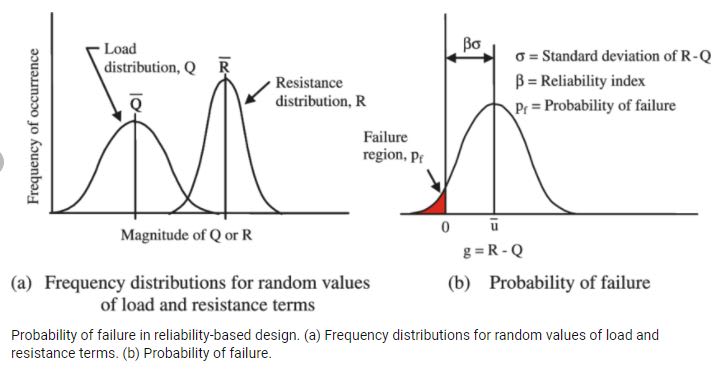Enhineyero
Structural
Hi guys and gals, do you think that the current level of our fees is where it should be? In my experience, structural + civil fee is usually no more than 2% of the total construction cost.
I've seen numerous debates about how real estate agents get 5% commission for what seems to be less responsibility and work, this is for each time the property is sold (imagine selling the property 10x over and benefiting from the capital gains!). Do we (engineers) just have it bad? or do they (Real estate agents) just have it soooo good?
If we have it bad, does anyone have a solution? Most engineers talk about this issue but no one really does something or tables a solution for it. I even saw a video of Ashraf (founder of ETABS) discussing this issue but, again, no solution presented.
I've seen numerous debates about how real estate agents get 5% commission for what seems to be less responsibility and work, this is for each time the property is sold (imagine selling the property 10x over and benefiting from the capital gains!). Do we (engineers) just have it bad? or do they (Real estate agents) just have it soooo good?
If we have it bad, does anyone have a solution? Most engineers talk about this issue but no one really does something or tables a solution for it. I even saw a video of Ashraf (founder of ETABS) discussing this issue but, again, no solution presented.

